Will secret Epstein-Giuffre settlement end Prince Andrew’s legal woes?
Newly unsealed court papers show royal accuser was paid $500,000 in 2009 deal
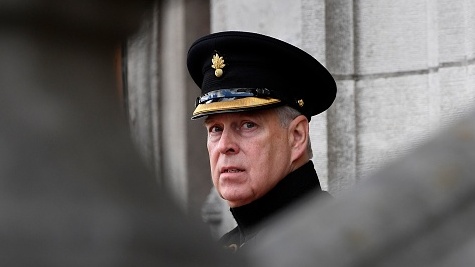
A free daily email with the biggest news stories of the day – and the best features from TheWeek.com
You are now subscribed
Your newsletter sign-up was successful
Prince Andrew’s legal team is calling on a US judge to throw out the sexual assault civil lawsuit against the royal following the disclosure of a settlement between his accuser and the late Jeffrey Epstein.
The legal document was released by a New York court ahead of what the BBC described as a “critical hearing” today in the case brought by Virginia Roberts Giuffre against the duke of York, the BBC said.
Under the terms of the 2009 deal, Guiffre was paid $500,000 (£371,000) to end her claims against billionaire paedophile Epstein and anyone connected to him who could be described as a “potential defendant”.
The Week
Escape your echo chamber. Get the facts behind the news, plus analysis from multiple perspectives.

Sign up for The Week's Free Newsletters
From our morning news briefing to a weekly Good News Newsletter, get the best of The Week delivered directly to your inbox.
From our morning news briefing to a weekly Good News Newsletter, get the best of The Week delivered directly to your inbox.
Why is the document important?
The 12-page document details how Giuffre agreed to “release, acquit, satisfy and forever discharge” Epstein and “any other person or entity who could have been included as a potential defendant” from any US legal action, including damages claims dating “from the beginning of the world”.
Giuffre is now suing Prince Andrew for alleged sexual assaults that she claims took place when she was a minor under US law. She alleges that she was repeatedly forced to have sex with him when she was 17 after being trafficked by Epstein and Ghislaine Maxwell.
Andrew has repeatedly denied the claims.
A free daily email with the biggest news stories of the day – and the best features from TheWeek.com
How the settlement document is interpreted will form a “central plank” of the legal argument from the two sides in the case, said the BBC. Andrew’s lawyers have argued that although he is not mentioned by name in the agreement, he is covered by the legal document.
Giuffre alleged in her original claim against Epstein, filed in Florida in 2008, that she was “required to be sexually exploited” by his “adult male peers, including royalty”. According to Andrew’s team, “that means the duke was a potential defendant and that he was included in the 2009 agreement”, said The Times.
But Giuffre’s team have insisted that the document is “irrelevant” to her claim against the duke. “The release does not mention Prince Andrew. He did not even know about it,” said David Boies, a lawyer for Giuffre, in a statement. “The reason we sought to have the release made public was to refute the claims being made about it by Prince Andrew’s PR campaign.”
In a previous court filing, her lawyers said that the 2009 deal was “outside the four corners” of her action against Andrew because it does not specifically cover her allegations against him.
Will the case be dismissed?
Lisa Bloom, a lawyer for other alleged victims of Epstein, told the BBC that the settlement as “incomprehensibly vague” and “one of the most bizarre” she had ever seen.
“We want contracts to clearly specify who is released from a lawsuit and who is not,” said Bloom, who predicted that US District Judge Lewis Kaplan, presiding over the civil case, would not release Andrew from the lawsuit following a video teleconference with the royal’s lawyers today.
But journalist and lawyer Lucia Osborne-Crowley suggested that the “very broad” language used in the settlement could “spell success” for the prince.
“It is very possible that the settlement agreement between Virginia Roberts and Jeffrey Epstein protects Prince Andrew,” Osborne-Crowley told The Independent. Because the settlement refers to “any third party that could be considered a ‘potential defendant’ in the Epstein lawsuit”, Andew could “be ‘forever’ shielded from any and all claims” brought by Roberts, Osborne-Crowley continued.
The deal “also specifically says that all potential defendants are protected from all lawsuits regardless of whether they are brought in federal or state court”. And “American law treats settlement agreements in civil lawsuits no differently to any other private contract”.
“So if the judge rules that Prince Andrew falls into the category of a ‘potential defendant’, it’s likely that the deal will protect him,” Osborne-Crowley concluded.
-
 Quiz of The Week: 7 – 13 February
Quiz of The Week: 7 – 13 FebruaryQuiz Have you been paying attention to The Week’s news?
-
 Nordic combined: the Winter Olympics sport that bars women
Nordic combined: the Winter Olympics sport that bars womenIn The Spotlight Female athletes excluded from participation in demanding double-discipline events at Milano-Cortina
-
 Samurai: a ‘blockbuster’ display of Japanese heritage
Samurai: a ‘blockbuster’ display of Japanese heritageThe Week Recommends British Museum show offers a ‘scintillating journey’ through ‘a world of gore, power and artistic beauty’
-
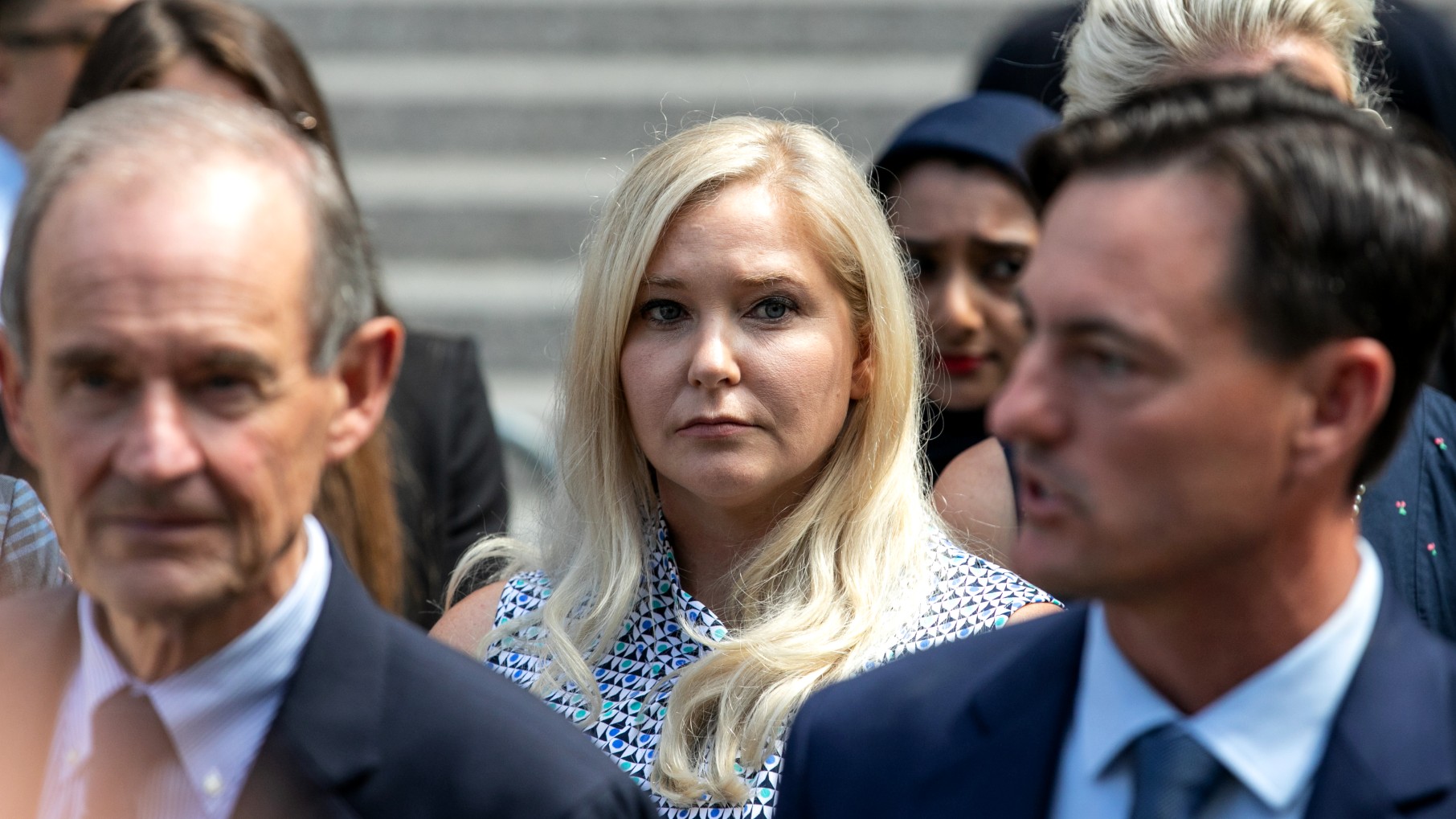 Virginia Giuffre: Prince Andrew accuser who stood up to 'power, money and privilege'
Virginia Giuffre: Prince Andrew accuser who stood up to 'power, money and privilege'In The Spotlight Woman at the centre of Jeffrey Epstein scandal and advocate for sex trafficking victims, has died aged 41
-
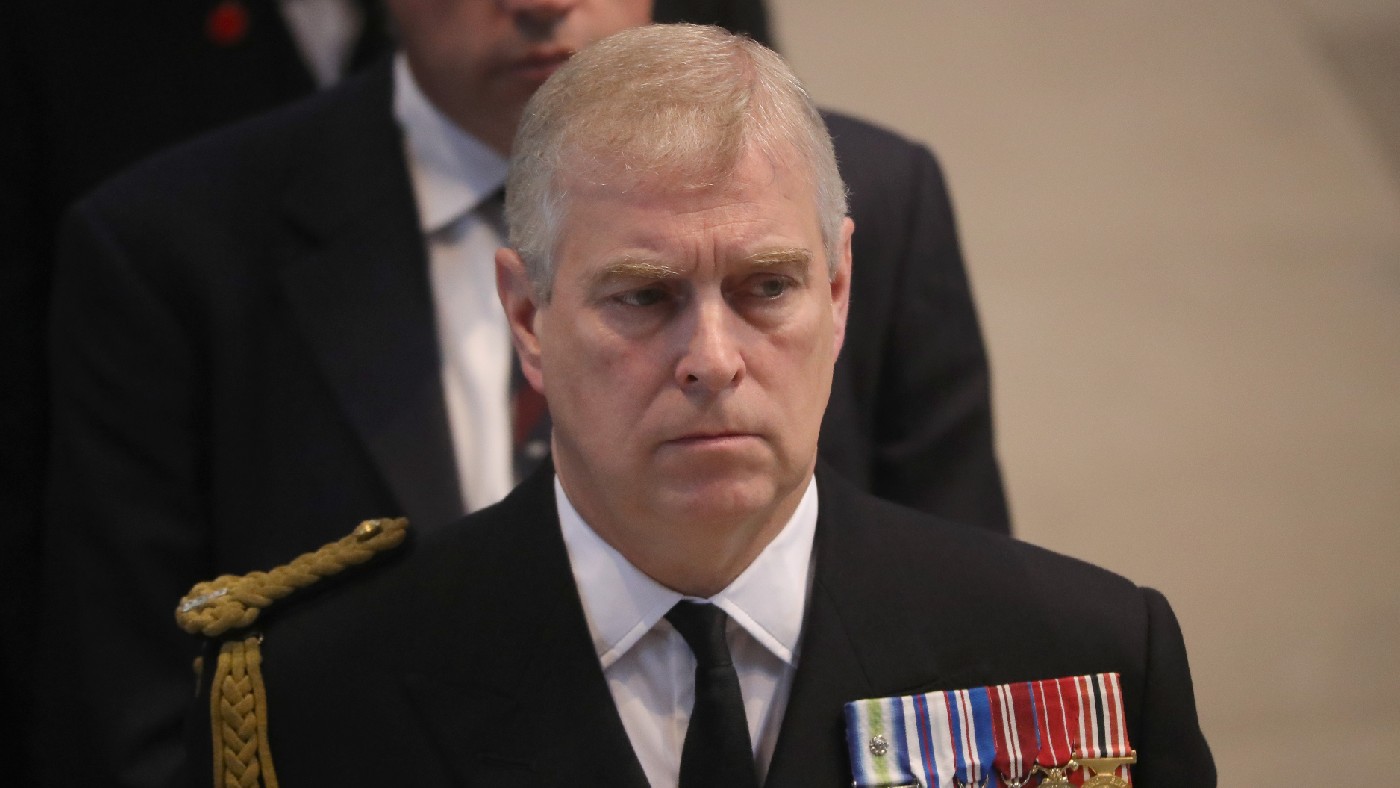 What next for Prince Andrew after sex abuse case settlement?
What next for Prince Andrew after sex abuse case settlement?Today's Big Question Campaigners ask how Duke of York is funding payout to Virginia Roberts Giuffre and ‘substantial donation’ to victims’ rights charity
-
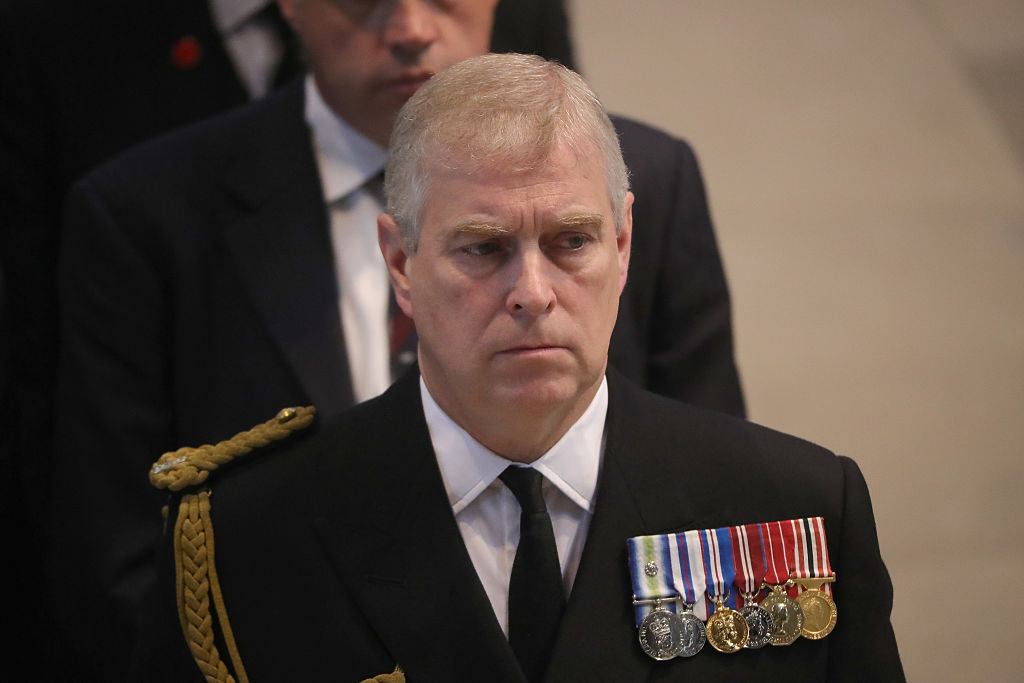 Prince Andrew, Virginia Giuffre settle sexual abuse lawsuit for undisclosed amount
Prince Andrew, Virginia Giuffre settle sexual abuse lawsuit for undisclosed amountnews
-
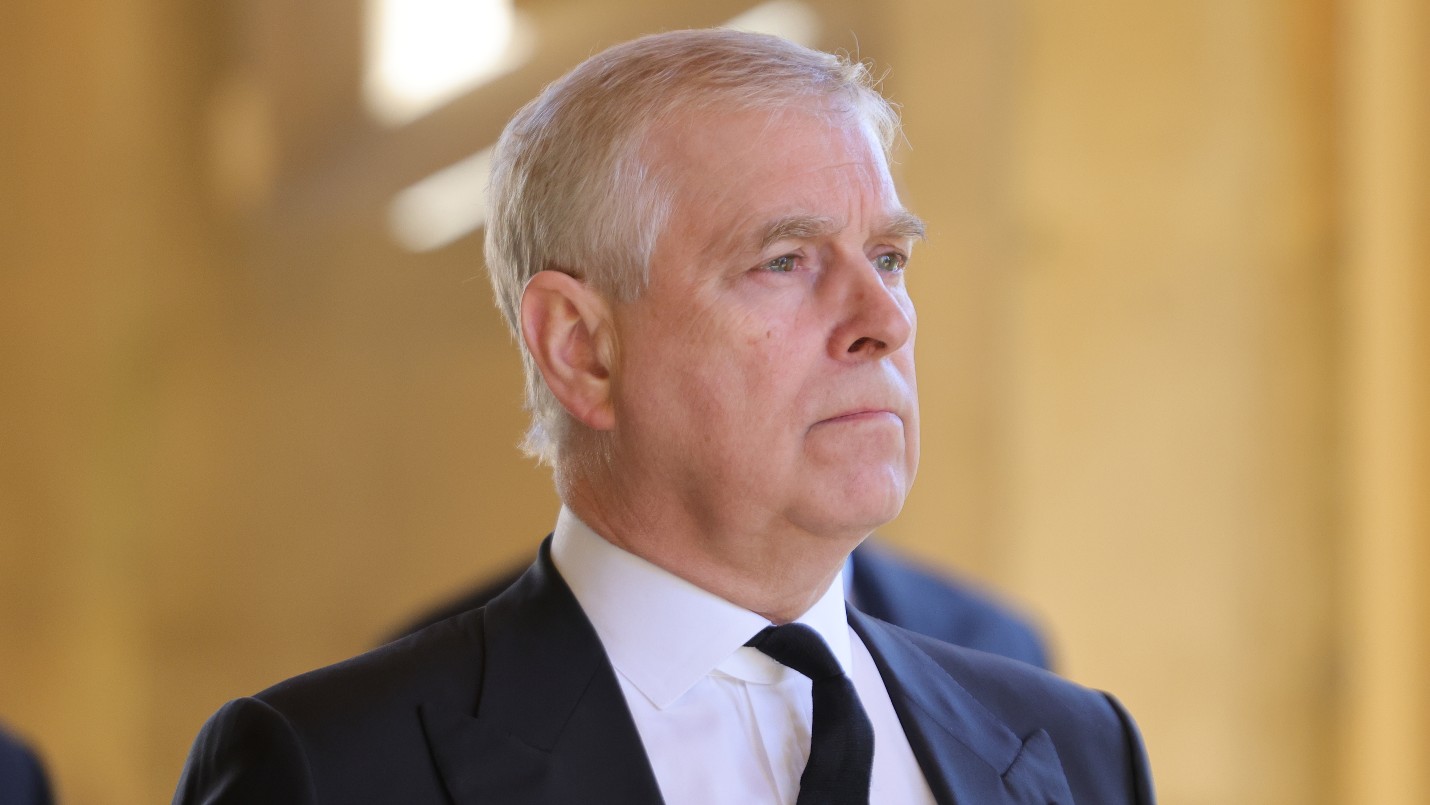 The fallout of stripping Prince Andrew’s royal titles
The fallout of stripping Prince Andrew’s royal titlesUnder the Radar ‘Brutal’ decision rules out return to public life for the duke – and may sound warning to Prince Harry
-
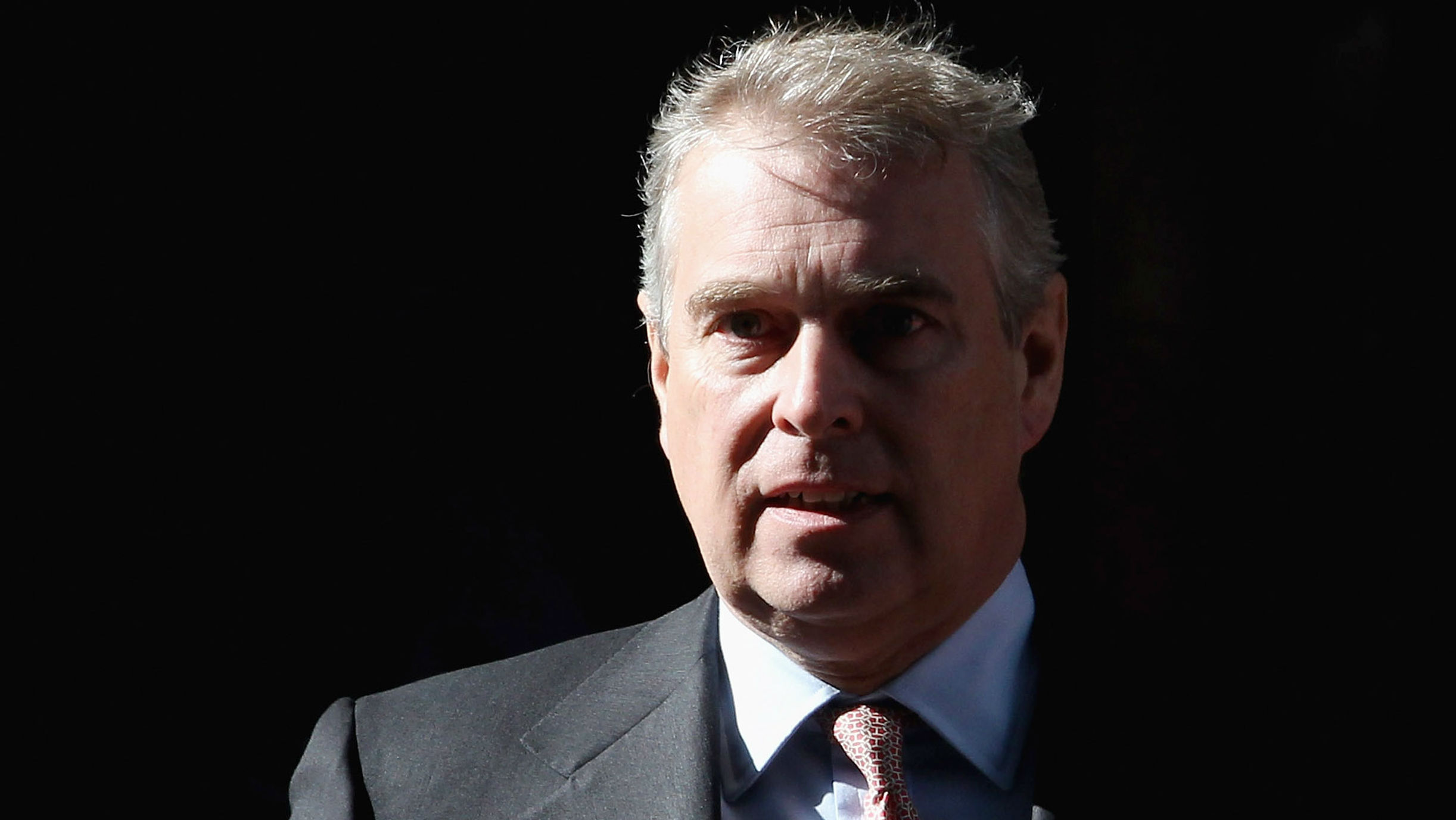 What could Prince Andrew have faced in Virginia Giuffre sex abuse trial?
What could Prince Andrew have faced in Virginia Giuffre sex abuse trial?feature Duke of York agrees to pay ‘substantial donation’ in out-of-court settlement
-
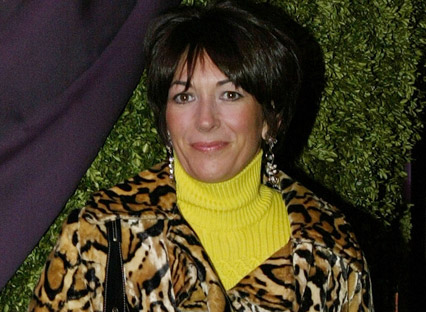 Ghislaine Maxwell trial: will jurors’ sex abuse revelations lead to a retrial?
Ghislaine Maxwell trial: will jurors’ sex abuse revelations lead to a retrial?feature Lawyers for former socialite say judge ‘can and should order’ new hearing
-
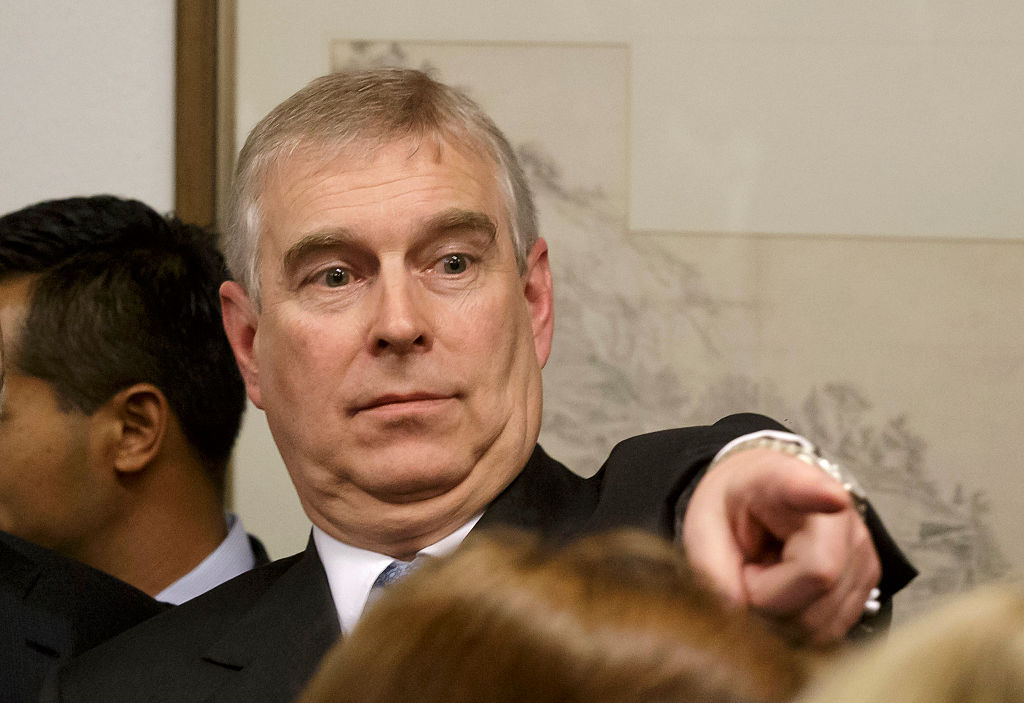 Unsealed Epstein settlement leaves lawsuit against Prince Andrew likely to proceed, says Giuffre lawyer
Unsealed Epstein settlement leaves lawsuit against Prince Andrew likely to proceed, says Giuffre lawyerSpeed Read
-
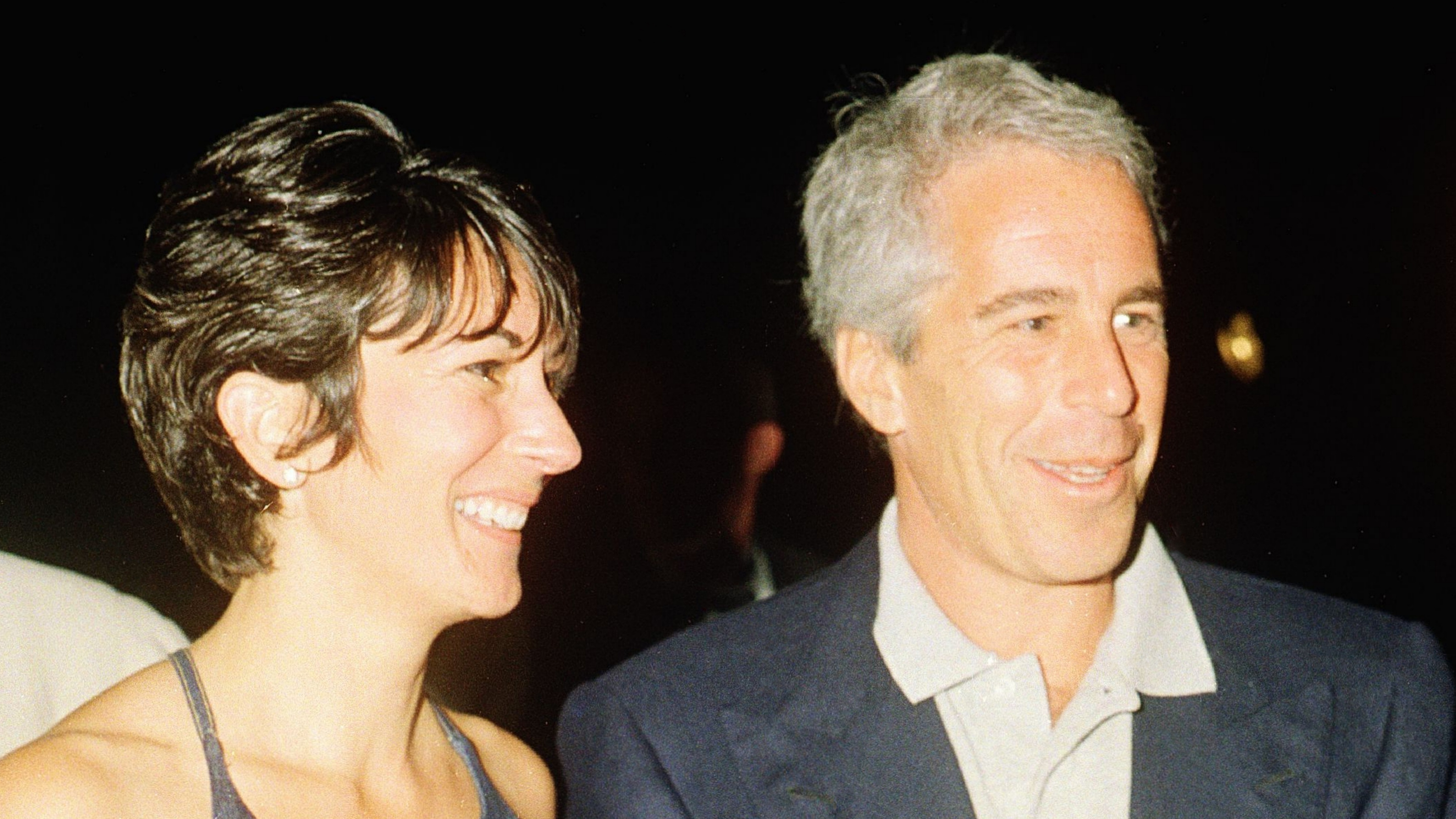 Ghislaine Maxwell trial: what we have learned about Jeffrey Epstein’s crimes
Ghislaine Maxwell trial: what we have learned about Jeffrey Epstein’s crimesfeature Jury begins deliberations after prosecution urges conviction of ‘sophisticated predator’